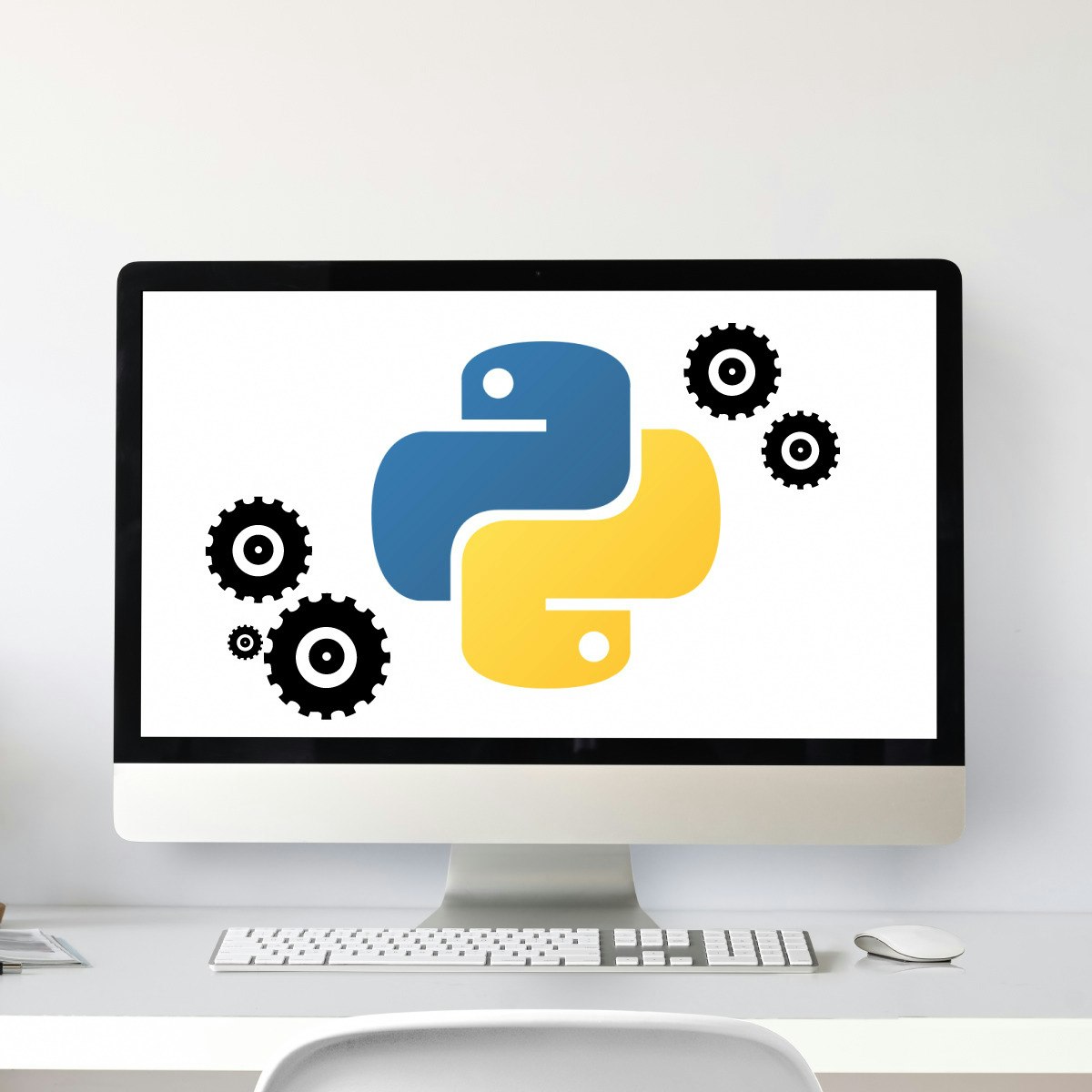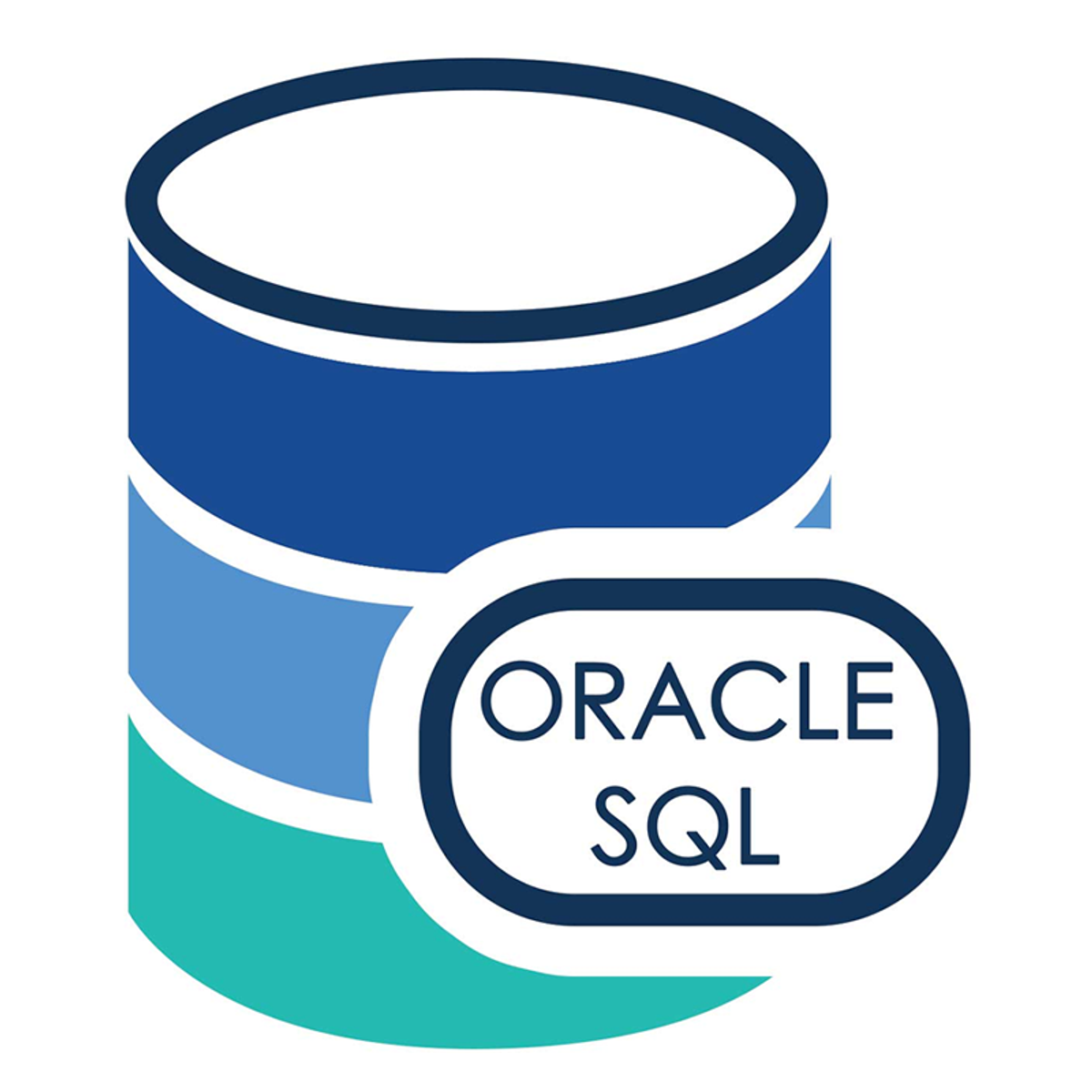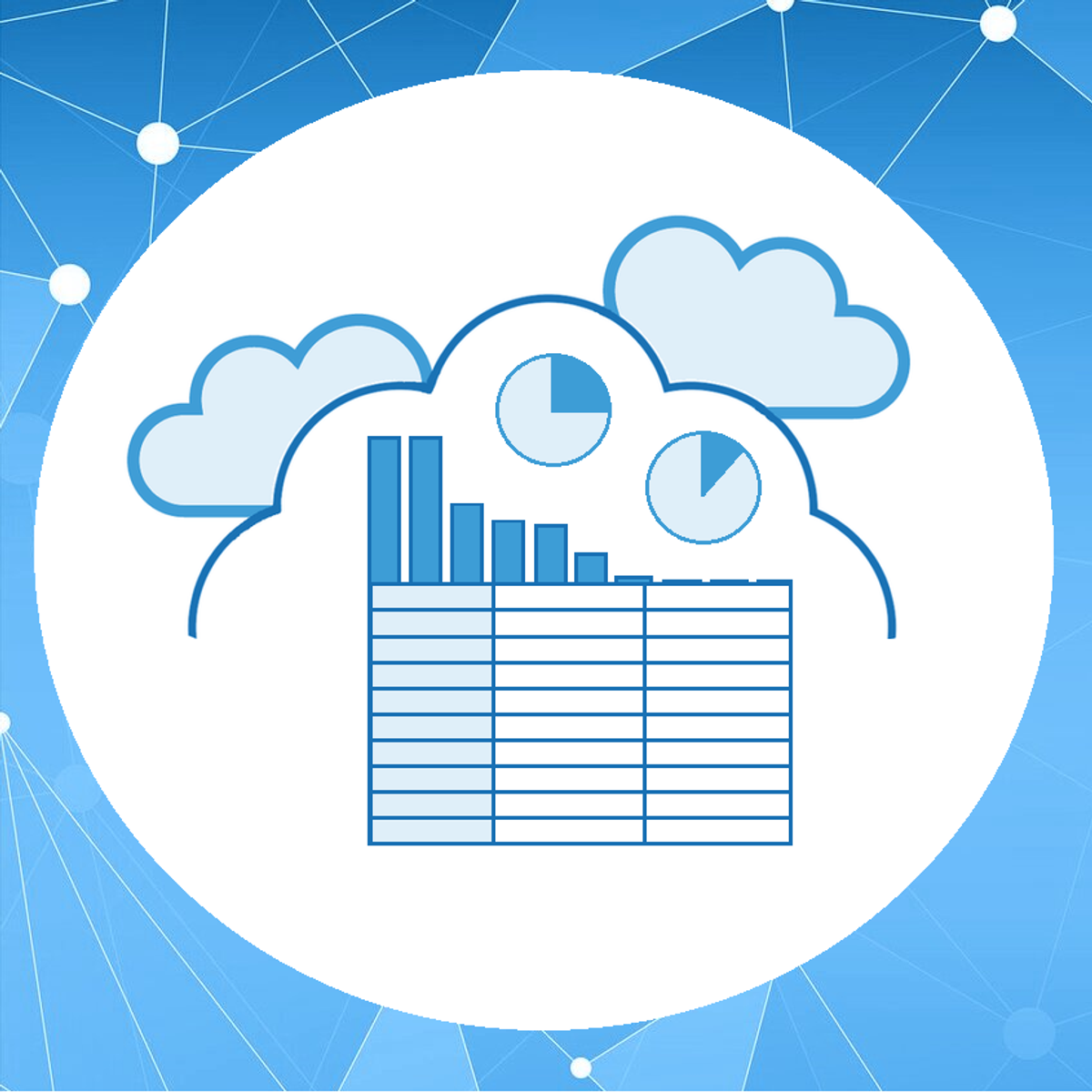Back to Courses









Data Management Courses - Page 3
Showing results 21-30 of 399

Getting Started with MongoDB Atlas on Google Cloud
This is a self-paced lab that takes place in the Google Cloud console. In this lab, you will provision a MongoDB Atlas cluster, create a database and set up App Services GraphQL API.

Aggregate Data in SQL using MySQL Workbench
In this project you will use MySQL Workbench to write SQL queries that aggregate (group) data. Incorporating aggregate functions like COUNT, SUM, and AVG, your SQL queries will group and summarize data. Data that is aggregated and presented in a logical format makes it a more valuable decision-making tool for users.
Note: This course works best for learners who are based in the North America region. We’re currently working on providing the same experience in other regions.

Relational Modeling in Dia
In this course you will learn to interpret and draw a relational model through hands-on exercises using a diagramming tool called “Dia”. You will complete the final step in the database design process as you convert the logical design documented in an Entity Relationship Diagram into a Relational Model. During the conversion, you will investigate relational modeling rules and practice modeling techniques as you learn to resolve one-to-many and many-to-many relationships using foreign keys and bridge tables. Your final Relational Model will become the blueprint for creating a database and its tables. Since data is at the center of any information system, knowledge and understanding of database design will serve you well as a database user or a database designer.
Note: This course works best for learners who are based in the North America region. We’re currently working on providing the same experience in other regions.

Python Project for Data Engineering
This mini-course is intended to apply foundational Python skills by implementing different techniques to collect and work with data. Assume the role of a Data Engineer and extract data from multiple file formats, transform it into specific datatypes, and then load it into a single source for analysis. Continue with the course and test your knowledge by implementing webscraping and extracting data with APIs all with the help of multiple hands-on labs. After completing this course you will have acquired the confidence to begin collecting large datasets from multiple sources and transform them into one primary source, or begin web scraping to gain valuable business insights all with the use of Python.
PRE-REQUISITE: **Python for Data Science, AI and Development** course from IBM is a pre-requisite for this project course. Please ensure that before taking this course you have either completed the Python for Data Science, AI and Development course from IBM or have equivalent proficiency in working with Python and data.
NOTE: This course is not intended to teach you Python and does not have too much instructional content. It is intended for you to apply prior Python knowledge.

Creating Reusable Pipelines in Cloud Data Fusion
This is a self-paced lab that takes place in the Google Cloud console. In this lab you will learn how to build a reusable pipeline that reads data from Cloud Storage, performs data quality checks, and writes to Cloud Storage.

How to Build a BI Dashboard Using Google Data Studio and BigQuery
This is a self-paced lab that takes place in the Google Cloud console. Learn how to build a BI dashboard with Data Studio as the front end, powered by BigQuery on the back end

Oracle SQL Exam Prep
This course is designed to help you continue learning about Oracle SQL and prepares you to take the Oracle SQL Certification Exam.
We'll review methodologies and terminology that we presented in the Oracle Specialization courses, show some demos and give in-depth explanations. You'll also have the opportunity to take a practice certification exam.
We recommend that you first complete the Oracle SQL Databases Specialization.

Data Engineering and Machine Learning using Spark
Organizations need skilled, forward-thinking Big Data practitioners who can apply their business and technical skills to unstructured data such as tweets, posts, pictures, audio files, videos, sensor data, and satellite imagery and more to identify behaviors and preferences of prospects, clients, competitors, and others.
In this short course you'll gain practical skills when you learn how to work with Apache Spark for Data Engineering and Machine Learning (ML) applications. You will work hands-on with Spark MLlib, Spark Structured Streaming, and more to perform extract, transform and load (ETL) tasks as well as Regression, Classification, and Clustering.
The course culminates in a project where you will apply your Spark skills to an ETL for ML workflow use-case.
NOTE: This course requires that you have foundational skills for working with Apache Spark and Jupyter Notebooks. The Introduction to Big Data with Spark and Hadoop course from IBM will equip you with these skills and it is recommended that you have completed that course or similar prior to starting this one.

Interacting with Vault Policies
This is a self-paced lab that takes place in the Google Cloud console.
In this hands-on lab, you will learn to write and use Vault Policies.

Using Query Store in Azure
In this 1-hour long project-based course, you will learn how to (create Azure SQL Server database from Azure portal and with Data Migration Assistant, recognize regressed queries using Query Store and determine top resource consuming queries, get query wait statistics and queries with high variation). Try to limit this to 400-500 characters.
Note: This course works best for learners who are based in the North America region. We’re currently working on providing the same experience in other regions.
Popular Internships and Jobs by Categories
Find Jobs & Internships
Browse
© 2024 BoostGrad | All rights reserved